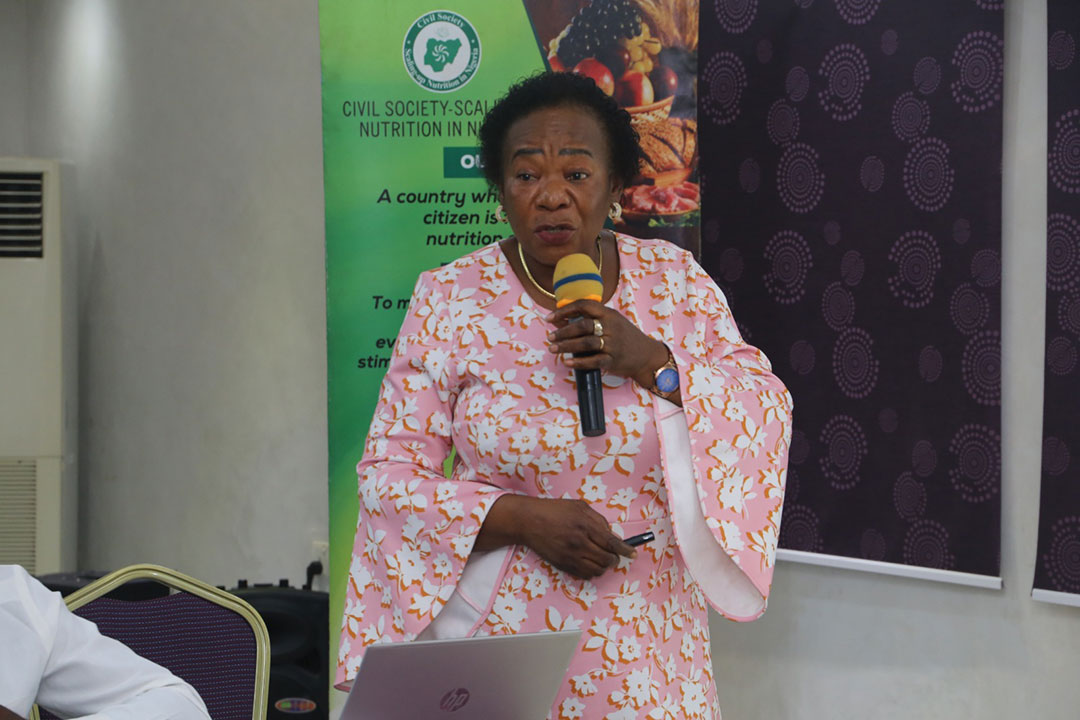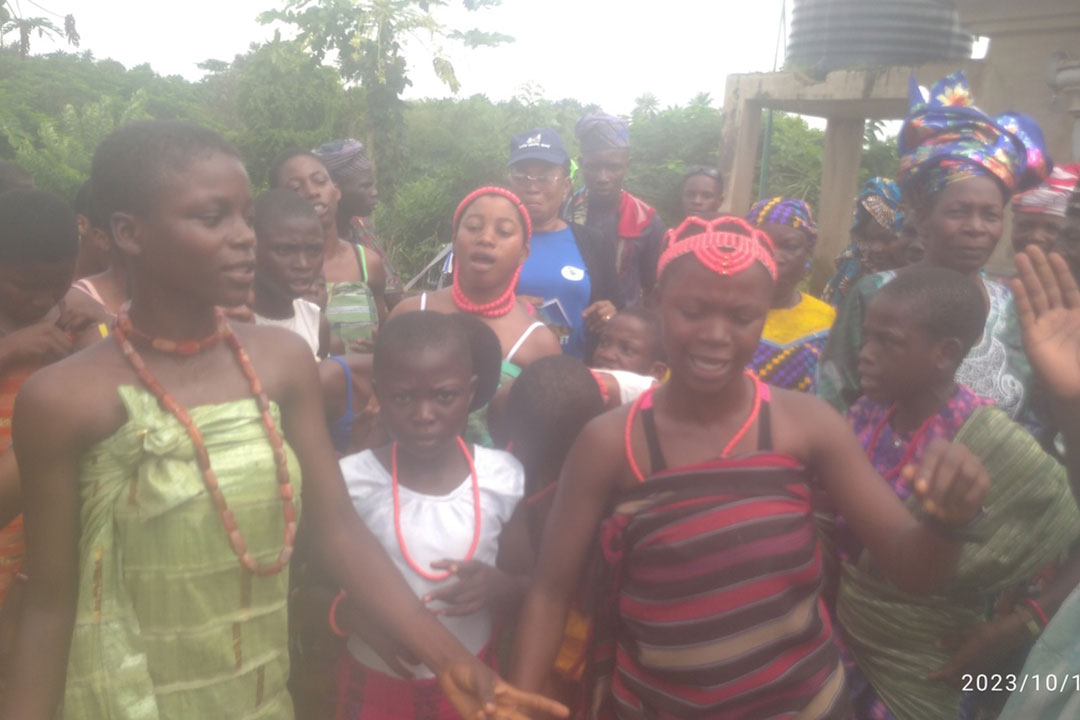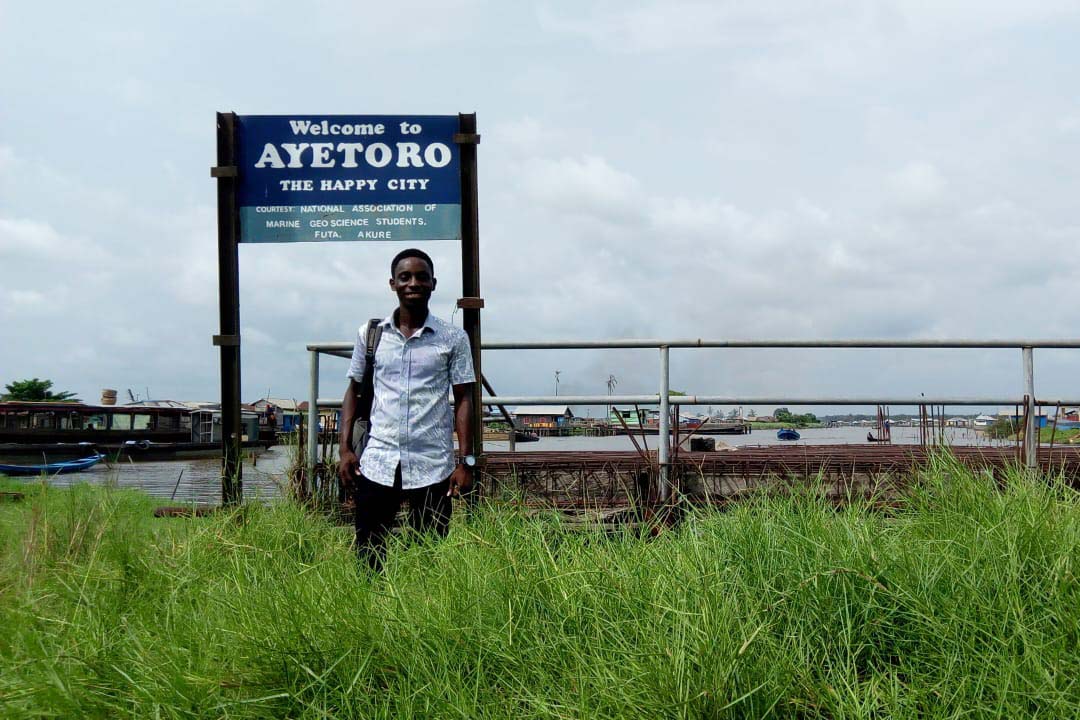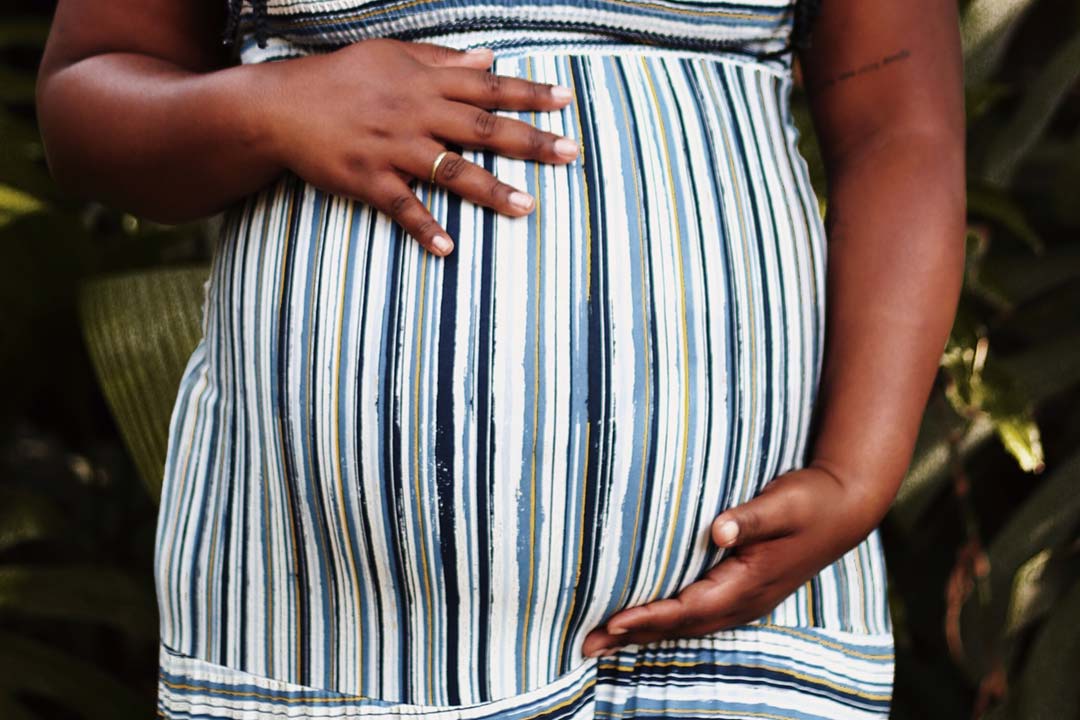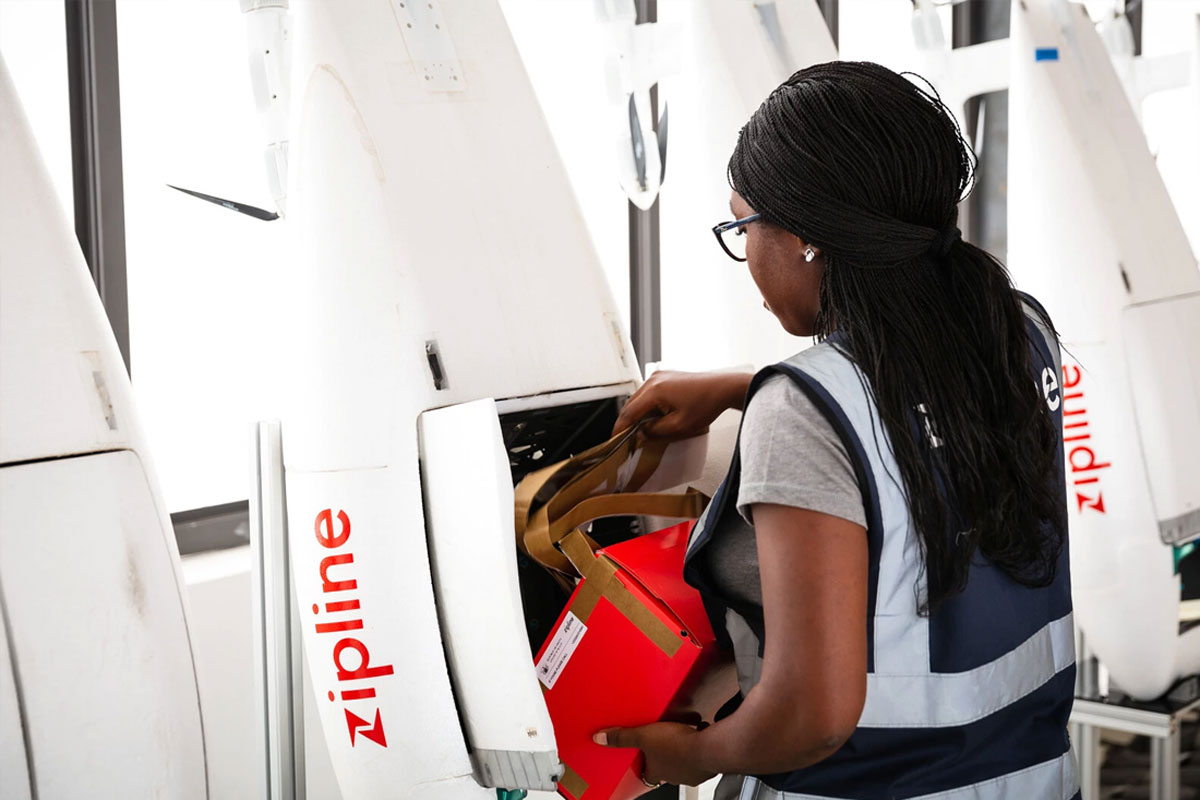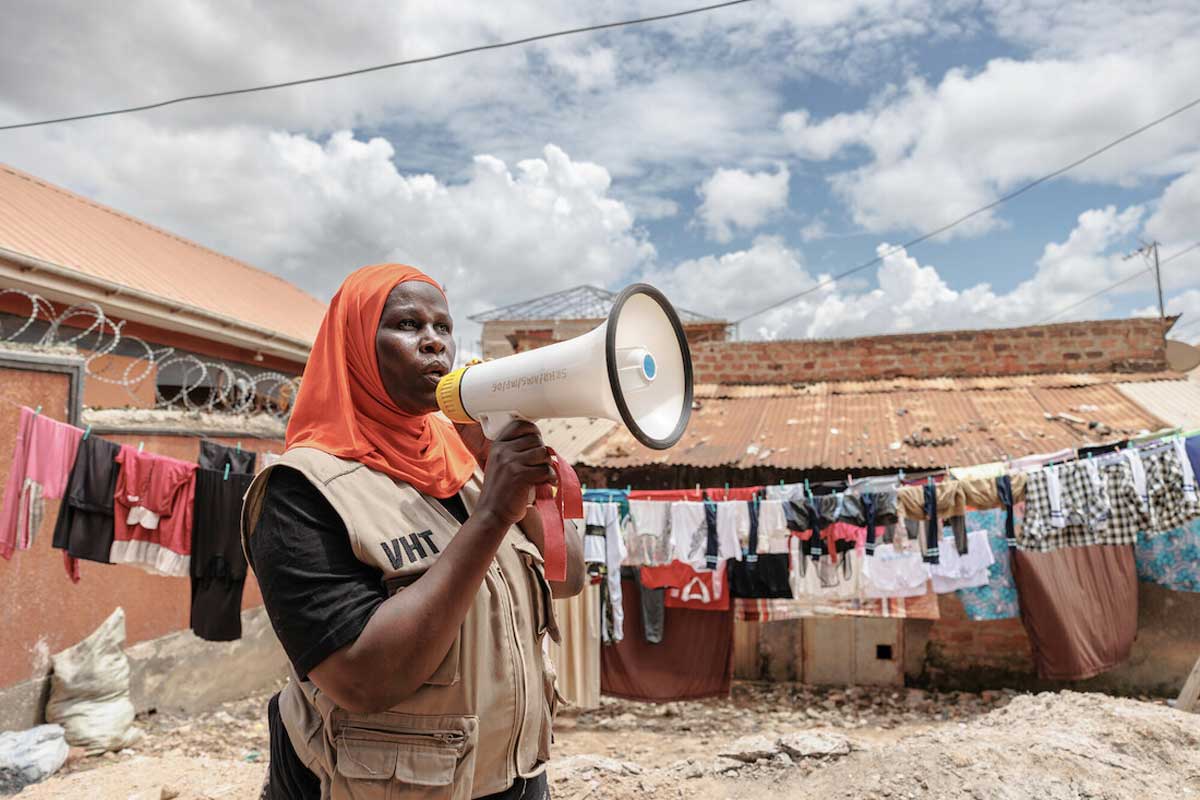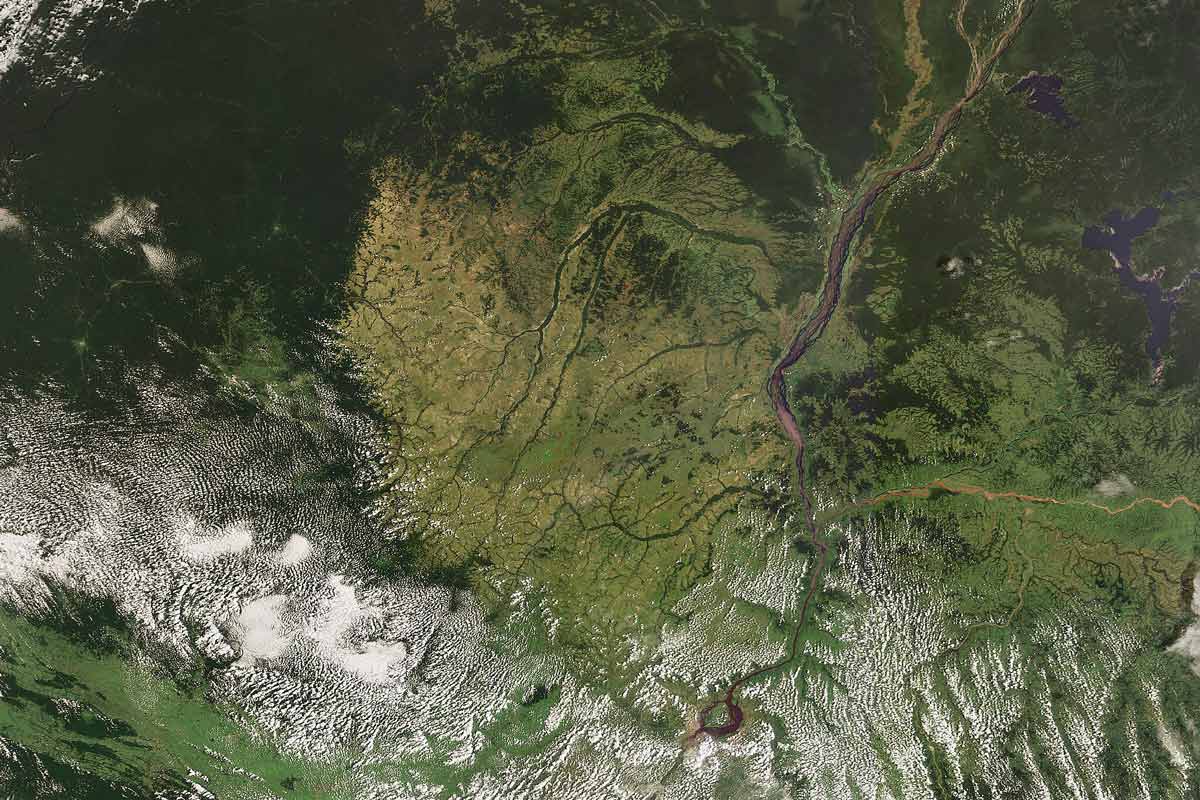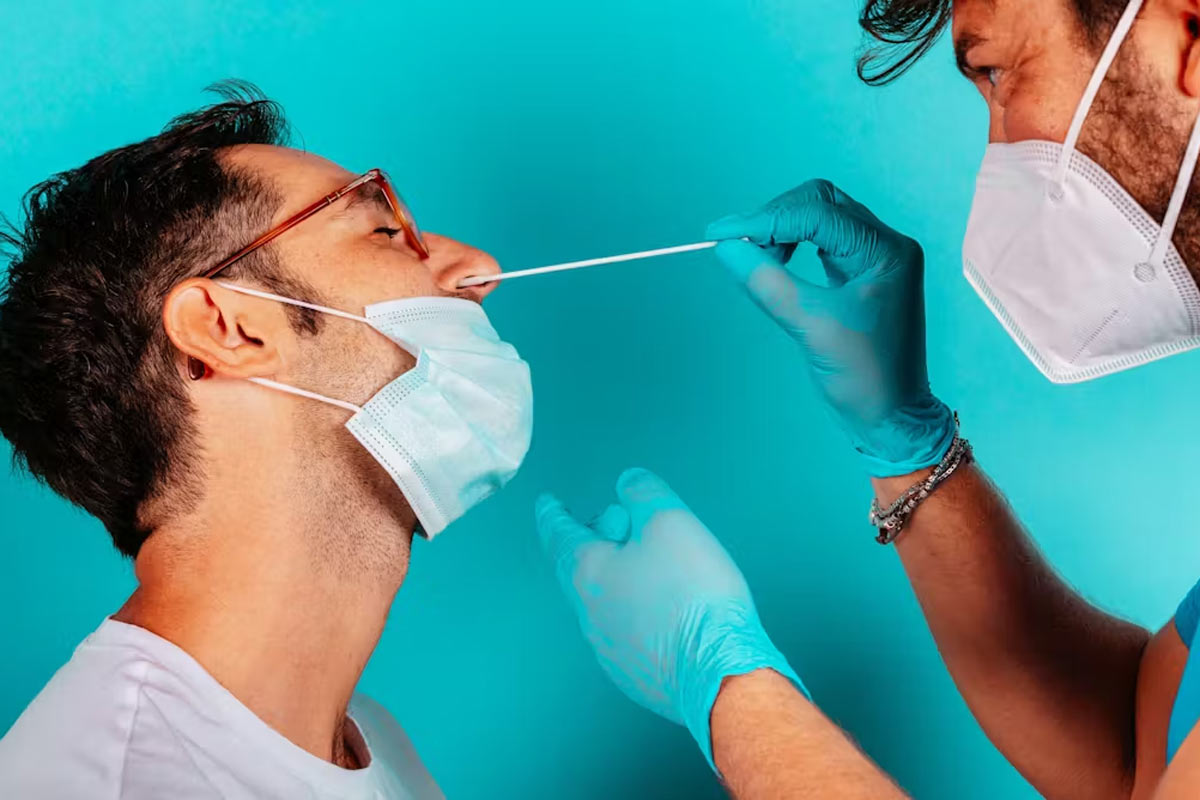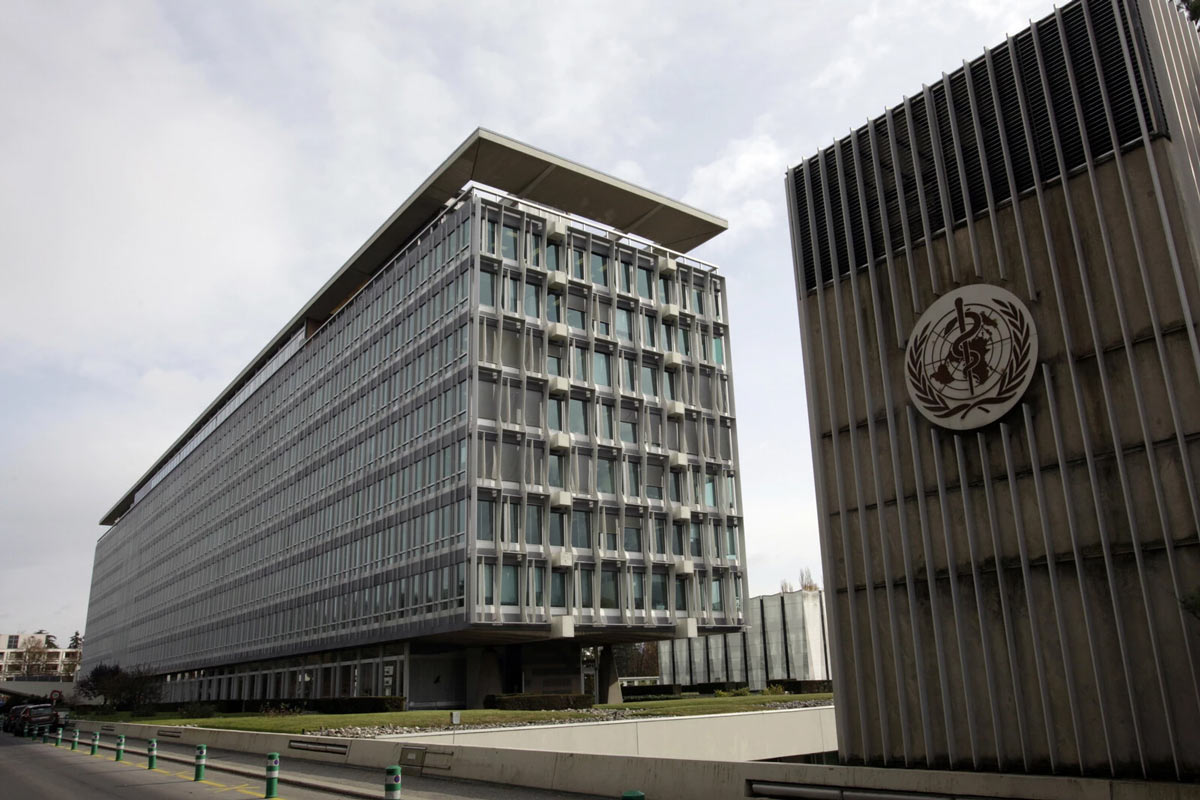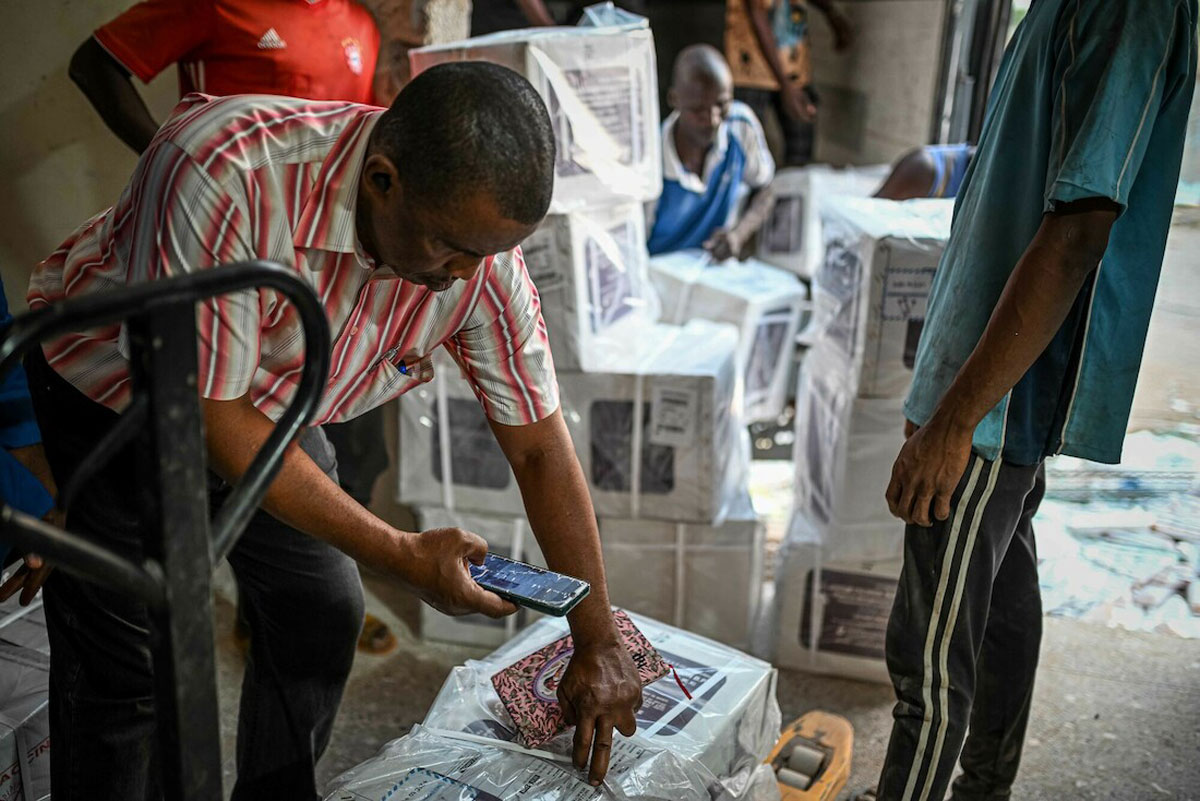The doctor saving children’s lives on Snake Island, Nigeria
Dr Shodipo Gbolahan left a life of prestige behind to dedicate his time to improving health on Lagos’ Snake Island.
- 16 December 2022
- 5 min read
- by Royal Ibeh
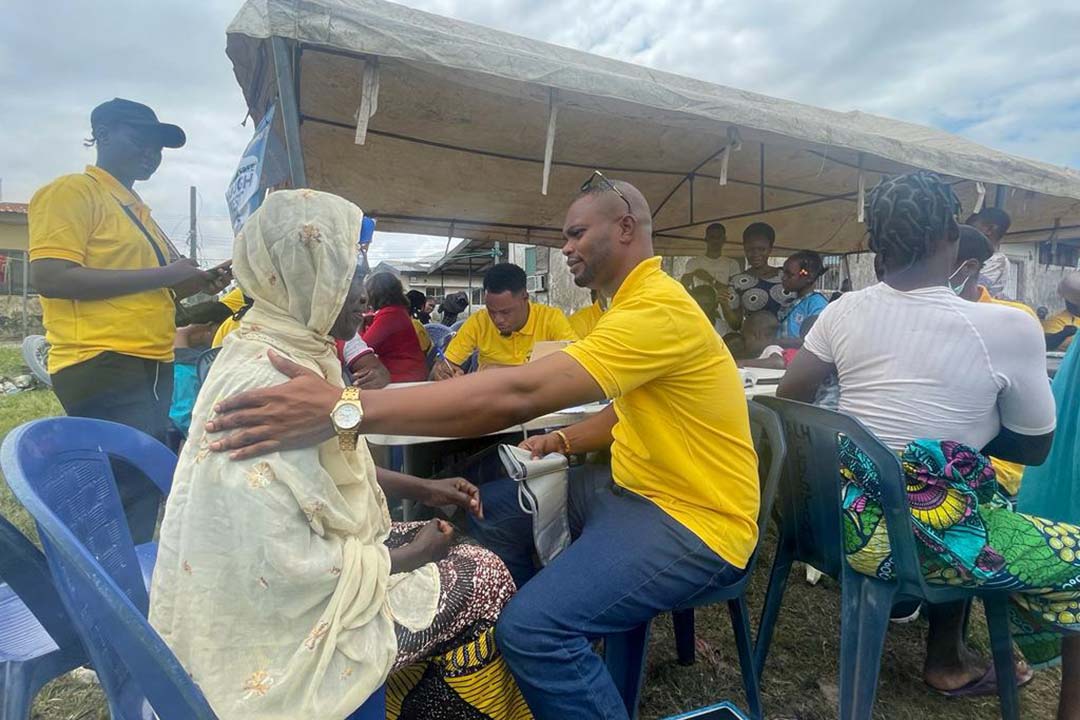
“Whenever we lose a pregnant woman or a child at Snake Island, we know that the gods are angry with us, so we would offer sacrifices to appease them.”
This was the response Dr Shodipo Gbolahan, popularly known as 'Dr Creek', got from a resident of Snake Island in Amuwo Odofin, Lagos state, 10 years ago, when he asked what was fuelling the high maternal and child mortality rates on the island.
At the time, Dr Gbolahan was working at a hospital at Ajegunle in Ajeromi-Ifelodun and was trying to get to the bottom of why many pregnant women from the island would come to the hospital with severe complications.
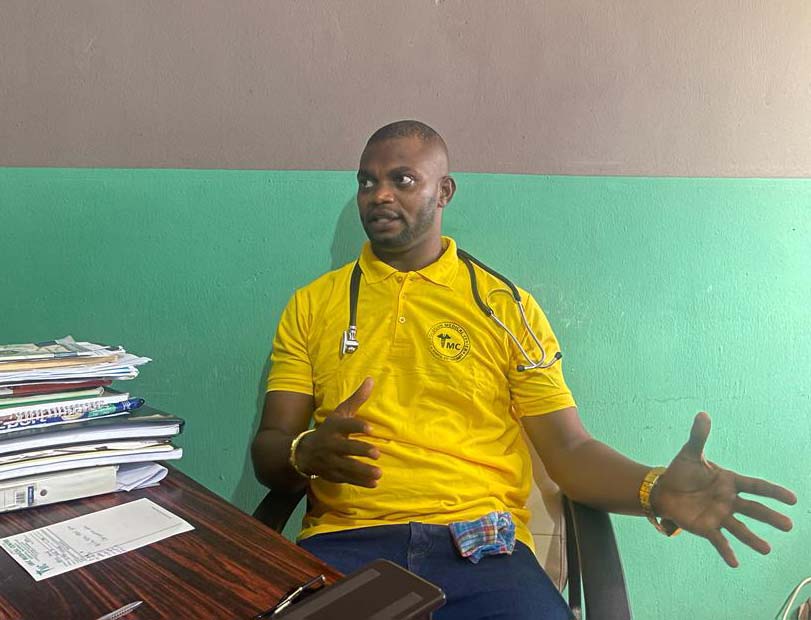
Credit: Royal Ibeh
"Dr Gbolahan came to the island when no one dared to come to help us. A lot of us patronised traditional birth attendants and not every one of us came out alive. But with the Igbologun Medical Centre, our lives and those of our children are being preserved."
"It really saddened my heart that some of the women ended up losing their lives or their babies. I decided to visit Snake Island, to investigate the reason behind the high maternal and child mortality. It was really shocking to find out that most of the community members believed that it was the gods that was killing them," Dr Gbolahan states.
A 2018 Maternal, Newborn and Child Health (MNCH) scorecard by Mamaye, revealed that only 42% of children under one-year-old in Amuwo Odofin were fully immunised. According to Dr Gbolahan, this statistic was worse 10 years ago.

Credit: Royal Ibeh
“A decade ago, there was no functioning public health facility on the Island and, as such, the people had to either cross the river to the other side to access healthcare services or patronise traditional birth attendants. Either way, it was not safe for them."
At that point, Dr Gbolahan knew that the time had come to give back to the society that made him the medical doctor he is today.
“My parents were poor and could not afford to send me to medical school. I was lucky to get a scholarship and I promised myself that I will pay that back by opening hospitals where lives will be saved, especially for those that cannot afford the standard medical services. That is what motivated me to embark on this journey, 10 years ago, on Snake Island,” he states.
Have you read?
With the money he saved from his first job, he built the Igbologun Medical Centre, the first functioning primary healthcare facility on the island. Currently, he has two health facilities saving lives daily, by providing services like antenatal care, immunisation, paediatrics, emergency services, surgeries and routine medical check-ups, among others.
“We do quarterly immunisation campaigns and biweekly routine immunisation drives in our facilities. The motivation is to save as many pregnant women and children as possible in hard to reach, indigent communities where no-one, not even the government, dare to go,” he says..
“Yes! Dr Gbolahan came to the island when no one dared to come to help us,” says Faith Akindele, a Snake Island resident, adding that, "A lot of us patronised traditional birth attendants and not every one of us came out alive. But with the Igbologun Medical Centre, our lives and those of our children are being preserved. I have not heard of any death from the clinic.”
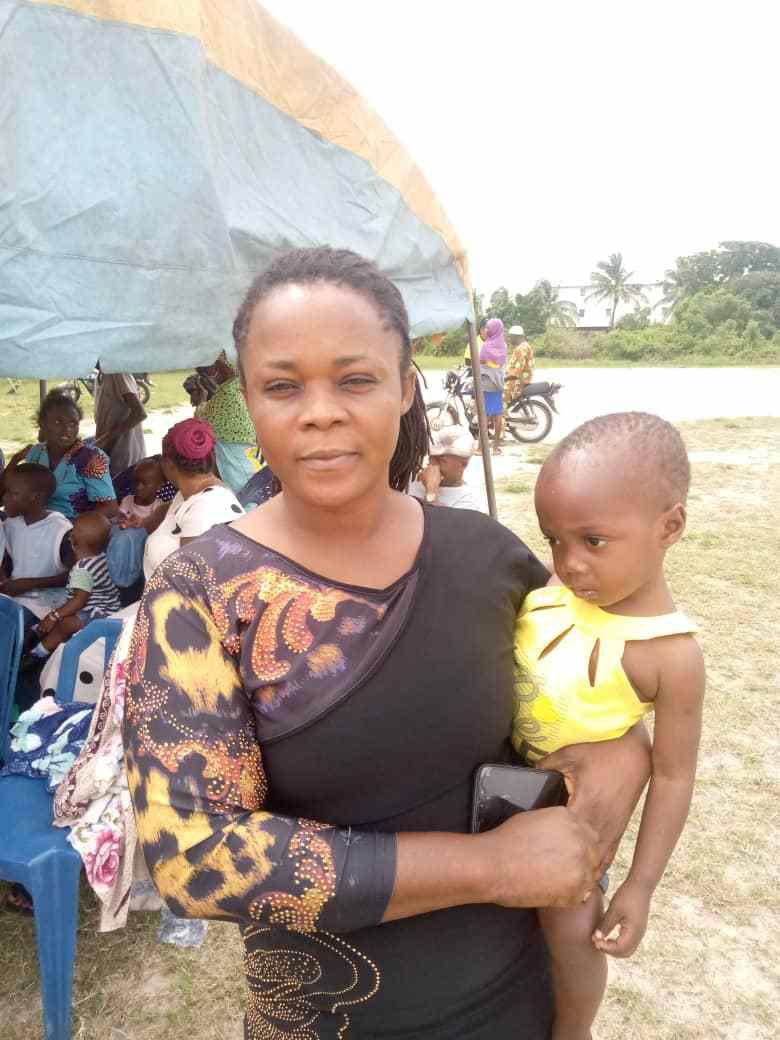
Credit: Royal Ibeh
"I had to start by changing the belief that it was their gods killing their babies and pregnant women. With simple health interventions like immunisation and antenatal care, I was able to save their pregnant women and their children."
Akindele continues, "We do not have to wait for immunisation officials to cross over with their vaccines for our children to get vaccinated. Now, from when we give birth, the nurses at the Igbologun Medical Centre start with routine immunisation. Plus, when we forget to bring our babies on their immunisation day, the nurses (who mostly live at the Island) will come knocking on our doors the following day."
A local elder, Shinos Sawudin, says that his daughter Fawushai Sawudin recently benefited from Dr Creek’s free medical treatment.
"My daughter has been battling with hernia for the past three years, and since there was no money, I couldn't do anything about it. So you can imagine my joy when my daughter was operated on free of charge," he exclaims.
The journey wasn’t all smooth sailing, especially in the beginning. Dr Gbolahan spent months trying to convince the people to access the quality healthcare services at his facility.
“The people are strongly attached to their religious and cultural beliefs and their seemingly compelling loyalty and confidence in the informal maternal healthcare system dominated by traditional birth attendants, was entrenched. I had to start by changing the belief that it was their gods killing their babies and pregnant women. With simple health interventions like immunisation and antenatal care, I was able to save their pregnant women and their children.”
Over the next decade, Dr Gbolahan plans to open health facilities to serve other riverine communities. Recognising that he cannot do it alone, he is calling for partnerships with government, non-governmental organisations and philanthropic individuals to assist in getting standard medical services to a lot of people in the rural and hard to reach communities.
“My goal is to provide quality healthcare services to all, regardless of their financial status and location.”
